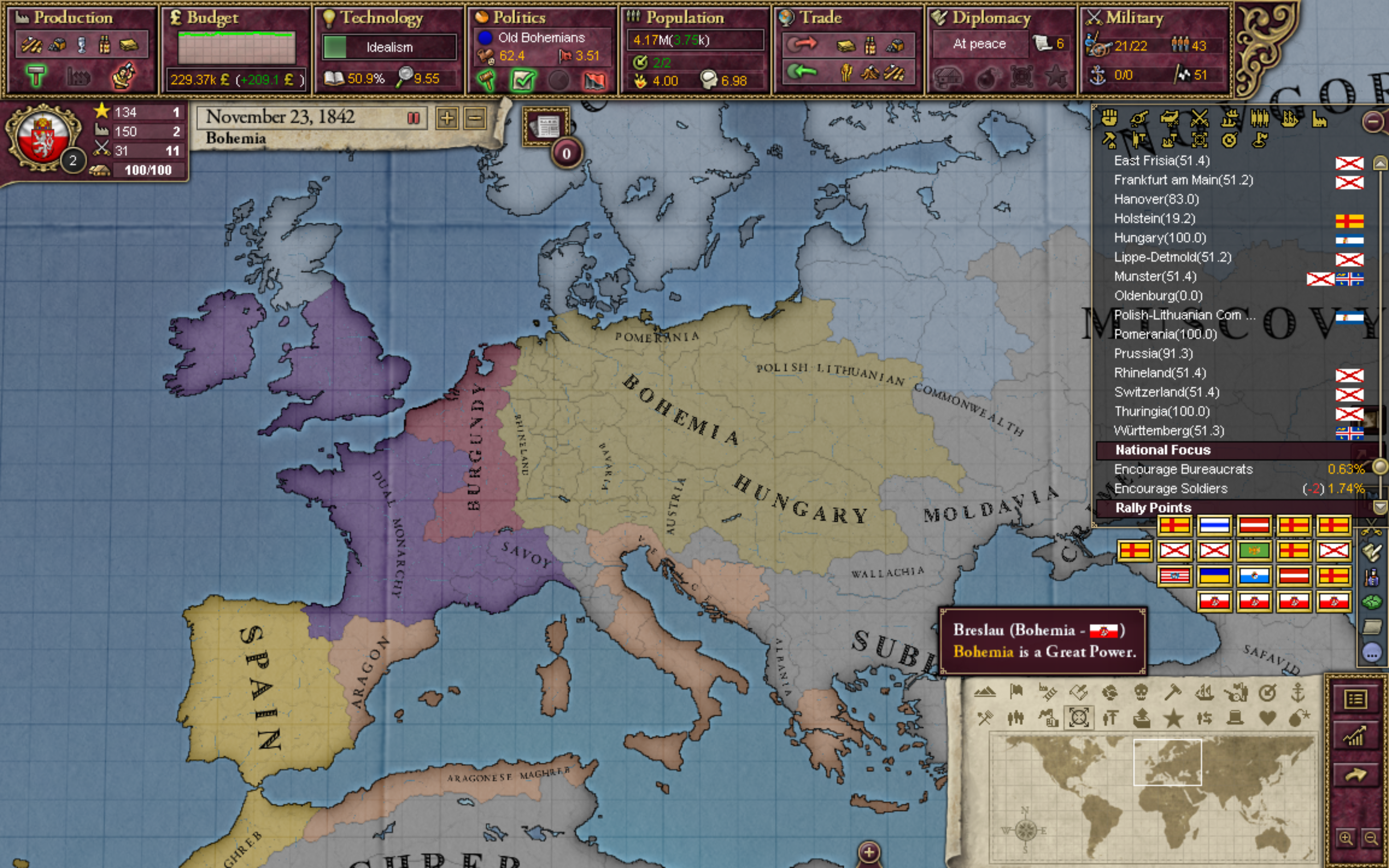
.jpg)

New Hampshire, for its part, on Wednesday voted down a proposal that would have required a supermajority on tax increases or to approve borrowing.
Tax increase: Some city and state governments require a two-thirds, three-quarters or four-fifths majority to raise taxes. In the U.S., two-thirds of both congressional houses as well as 38 states must vote “yes.” Constitutional amendment: In Canada, a constitutional amendment requires the approval of the House, the Senate and seven provinces representing 50% of Canadians. As it is, it is almost as hard to take seriously the NDP’s critics as it is the party itself. Nevertheless, if the PQ were to win a majority, and if the NDP were to win the next federal election, and if the PQ were to hold a referendum, and if it were to win it, this might become an issue worth debating. So there is zero possibility of this bill coming to a vote in the current Parliament. To make matters more hypothetical, the bill’s sponsor, NDP democratic reform critic Craig Scott, holds down the very last spot - 240th out of 240 - in the lottery that determines the order in which private member’s bills are taken up. The Parti Québécois may be in power in Quebec, but as a minority government it is in no position to call a referendum soon, and would not be even if it held a majority. The timeliness of this initiative is, shall we say, open to debate. Where the Clarity Act forbids the government from entering negotiations unless its conditions are met, C-470 obliges Ottawa to negotiate in that event. 
Where the latter required a “clear majority” on a “clear question” in a referendum on secession, the clarity or otherwise of both to be assessed by Parliament, the NDP bill sets out in black and white what at least one of them would mean: a majority of just 50% plus one. This advertisement has not loaded yet, but your article continues below.


.jpg)




 0 kommentar(er)
0 kommentar(er)
